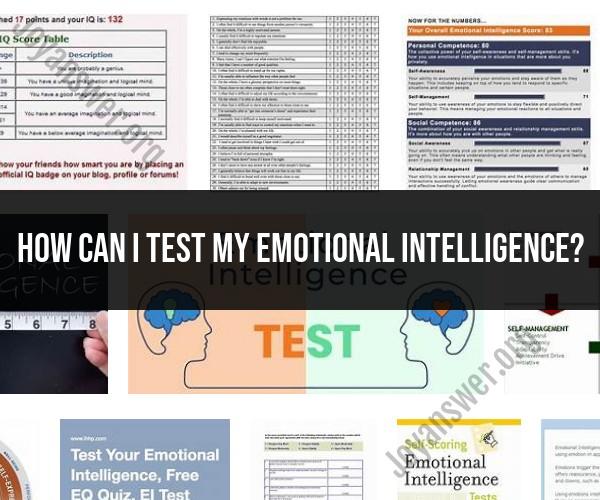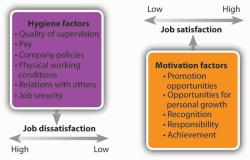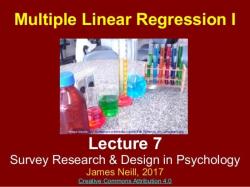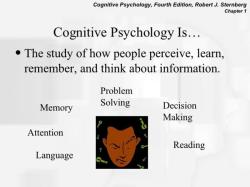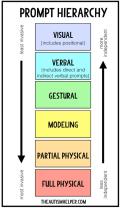How can I test my emotional intelligence?
Emotional Intelligence (EQ) refers to the ability to recognize, understand, manage, and effectively use your own emotions and the emotions of others. Testing your emotional intelligence can provide valuable insights into your interpersonal skills, self-awareness, and overall emotional well-being. Here's a guide to help you understand and test your emotional intelligence:
1. Self-Assessment
Begin by reflecting on your own emotional experiences and behaviors. Consider how you react to various situations, manage stress, and empathize with others. Ask yourself questions like:
- How well do I handle stress and pressure?
- Do I understand and manage my emotions effectively?
- Am I able to empathize and understand the emotions of others?
2. Online EQ Tests
There are several online emotional intelligence tests available that can provide you with a rough estimate of your EQ. These tests typically consist of multiple-choice questions that assess various aspects of emotional intelligence. Keep in mind that these tests offer general insights and may not be as accurate as a comprehensive assessment by a professional.
3. Feedback from Others
Seek feedback from trusted friends, family members, or colleagues. They can provide valuable insights into how you handle emotions, communicate, and interact with others. Constructive feedback can help you identify areas for improvement and growth.
4. Self-Regulation Exercises
Engage in self-regulation exercises to enhance your emotional intelligence. Practice mindfulness, deep breathing, and relaxation techniques to manage stress and emotional responses. Journaling can also help you become more aware of your emotions and thought patterns.
5. Professional Assessment
For a comprehensive evaluation of your emotional intelligence, consider seeking guidance from a mental health professional or an EQ coach. They can provide personalized assessments, feedback, and strategies to enhance your emotional intelligence skills.
Conclusion
Testing your emotional intelligence can offer valuable insights into your ability to navigate and manage emotions effectively. By becoming more aware of your emotional strengths and areas for improvement, you can develop better interpersonal relationships, make informed decisions, and lead a more emotionally balanced and fulfilling life.
